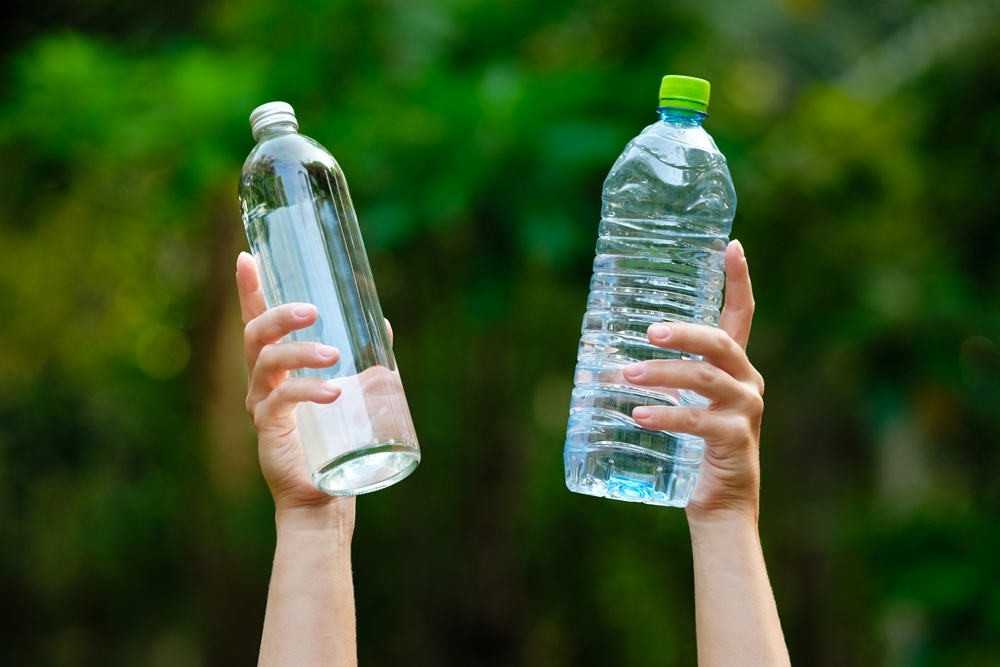Glass vs Plastic: 7 Factors to Consider for Packaging your Product
For a consumer, it takes seven seconds to form an opinion of someone they’ve never met before, so you can guarantee they’ll spend much less time deciding between your product and the competition. As a guide, we’ve listed the following seven factors that you should keep in mind: Is it better to use plastic or glass?
- First, Plastic vs. Glass in Perceived Quality
In the minds of customers, glass is seen as superior than plastic in terms of quality. Those who took part in a study in 2015 said they preferred the taste of food maintained in glass jars over that of an identical product stored in plastic containers.
- A distinction based on the properties and chemistry of the substances
With qualities that make it inert and impermeable, glass is ideal for delicate goods used in the pharmaceutical or personal care industries as well as liquids that need to be preserved for lengthy periods of time, such as spirits and other alcoholic beverages. The glass bottle wholesale companies are specific about it.
- Comparing Glass and Plastic Bulk Shipping Costs
The cost of transporting glass might soon escalate. Glass is more expensive to transport than plastic since it is more likely to shatter and is also heavier. While it may seem like a little difference when compared to the price of one bottle, when purchasing pallets in large quantities, it may soon add up to huge amounts that can have a negative influence on your profit margin. So the glass jars supplier companies are specific about that too.
- Plastic vs. Glass: Which One Is More Expensive?
Glass is both more expensive to produce and more expensive to export. Heat requirements during manufacture are a major factor in the high cost of this product. One percent of total industrial energy use is attributed to the manufacture of glass, according to a research by the Energy Information Administration (EIA). Natural gas is the primary source of this energy.
- Environmental and recycling considerations
Even though it takes more energy to produce and transport glass, the final result is unaffected by how many times it is recycled since glass is 100% recyclable. Glass may be cleaned and sanitised several times, allowing it to be reused. Most plastic can be recycled, although the quality of what is reclaimed may degrade over time. The plastic bottle factory is no match for the glass product makers. The plastic jug is preferred, but not healthy.
- Is it Harmful to Use Glass Instead of Plastic?
Glass is safe to eat, does not contain any chemicals that might harm your health, and is not usually associated with a negative impact on your health. It has a lower porosity than plastic. Furthermore, even after being contained for a lengthy period of time, it has a high resistance to leaching into your product. Choosing the glass container manufacturer is essential there.
- What’s in it, and how will it be put to use?
Consider your product’s needs before making a decision on whether to use plastic or glass. Glass is a good choice if you want to keep a drink’s carbonation intact. In the case of alcoholic drinks, this is particularly true. A plastic container that can be squeezed to disperse viscous fluids like shampoos and lotions is often used to package these products.




